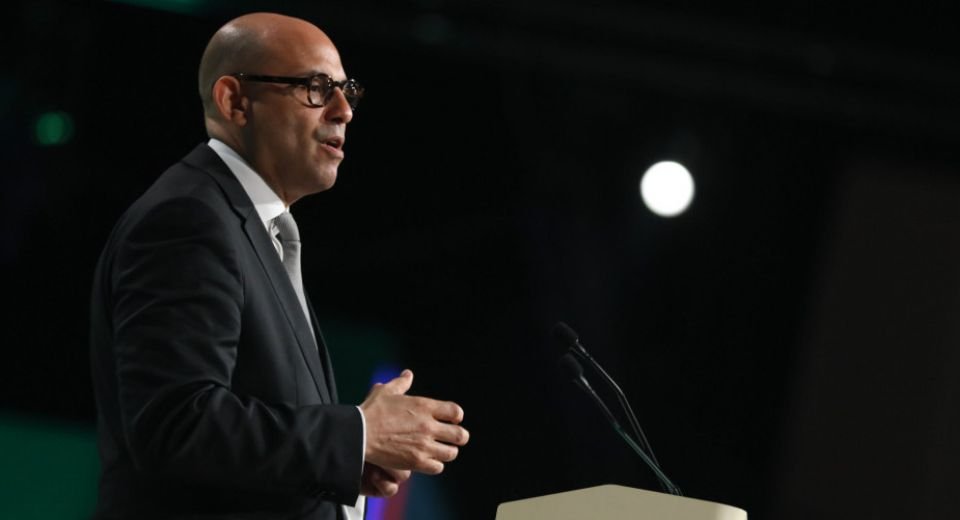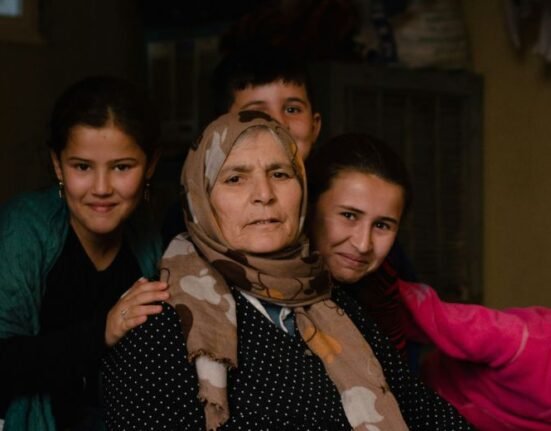HQ Team
December 13, 2023: The UN climate conference has called for a “transitioning away” from fossil fuels to cut greenhouse gas emissions to achieve the 1.5 °C target set by the Paris Agreement.
The Conference of Parties (COP28) in its advanced version of an earlier draft, wants a “transitioning away from fossil fuels in energy systems, in a just, orderly and equitable manner, accelerating action in this critical decade, to achieve net zero by 2050 in keeping with the science.”
The Paris Agreement sought to limit the world’s average surface temperature rise to no more than 1.5 degrees Celsius or 2.7 degrees Fahrenheit to fight climate change. To limit global warming to 1.5°C, greenhouse gas emissions must peak before 2025 at the latest and decline 43% by 2030, according to the UN.
The earlier draft, like the current one, did not mention a complete phase-out of fossil fuels anywhere in its 21-page text to meet the goals in the Paris Agreement. Rich nations such as the UK and the US wanted to water down the language. Small island states and vulnerable and developing nations have demanded an unconditional phase-out of fossil fuels.
Triple renewable energy
Climate action groups slammed the Conference of the Parties, which is serving as the meeting of the Parties to the Paris Agreement, arguing it favoured oil and gas companies.
The advanced version of the COP28 stated that nations must triple renewable energy capacity globally and double the global average annual rate of energy efficiency improvements by 2030, accelerate efforts towards the phase-down of unabated coal power and accelerate efforts globally towards net zero emission energy systems, utilising zero- and low-carbon fuels well before or by around mid-century.
The advanced version of the COP28 deal also urges members to accelerate zero- and low-emission technologies, “including, inter alia, renewables, nuclear, abatement and removal technologies such as carbon capture and utilization and storage, particularly in hard-to-abate sectors, and low-carbon hydrogen production.
Acceleration “and substantially reducing non-carbon-dioxide emissions globally, including in particular methane emissions by 2030, and “accelerate the reduction of emissions from road transport on a range of pathways, including through the development of infrastructure and rapid deployment of zero and low-emission vehicles.”
“Phase out inefficient fossil fuel subsidies that do not address energy poverty or just transition, as soon as possible,” it stated.
87% covered
The COP28 stated that the 68 Parties have communicated long-term low greenhouse gas emission development strategies.
It noted that 87% of the global economy in terms of share of gross domestic product was covered by targets for climate neutrality, carbon neutrality, greenhouse gas neutrality or net zero emissions.
The provisions opened “the possibility of achieving a temperature increase below 2 °C when taking into account the full implementation of those strategies.”
At the same time, it expressed concern about the findings of the Sixth Assessment Report of the Intergovernmental Panel on Climate Change.
The “policies implemented by the end of 2020 are projected to result in higher global greenhouse gas emissions than those implied by the nationally determined contributions.”
This indicated “an implementation gap, and resolves to take action to urgently address this gap.”
Human-caused climate change
“Human-caused climate change” impacts were already being felt in every region across the globe, with those who have contributed the least to climate change being most vulnerable to the impacts.
Together with losses and damages, the human-caused changes will increase with every increment of warming.
“Significant adaptation gaps still exist across sectors and regions and will continue to grow under current levels of implementation,” and both adaptation and mitigation financing would need to increase manifold.
UN Climate Change Executive Secretary Simon Stiell said: “Whilst we didn’t turn the page on the fossil fuel era in Dubai, this outcome is the beginning of the end.”
“The global stocktake showed us clearly that progress is not fast enough, but undeniably it is gathering pace.
“I firmly believe that this is because the political and economic logic is increasingly insurmountable. Human lives in huge numbers are being lost in every country, while fossil fuels hit household budgets and national budgets alike,” he said.
“We are currently headed for just under 3 degrees. It still equates to mass human suffering, which is why COP28 needed to move the needle further.”








